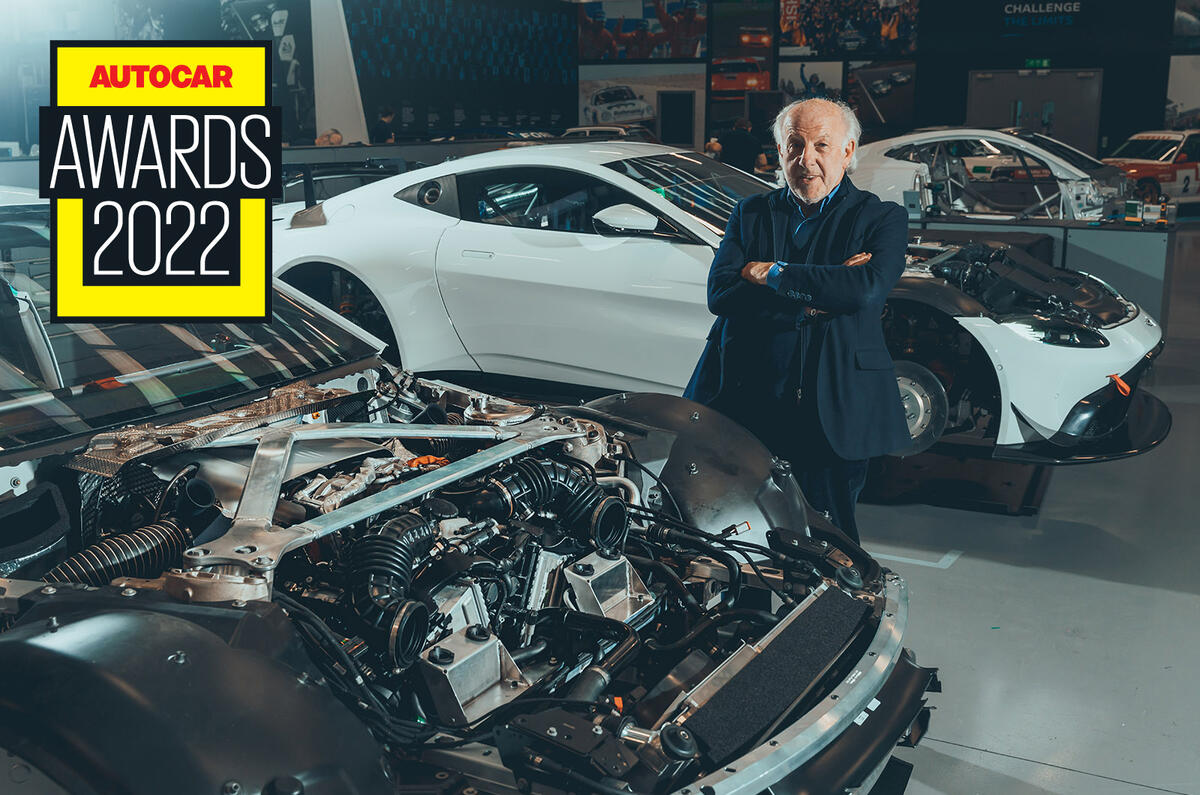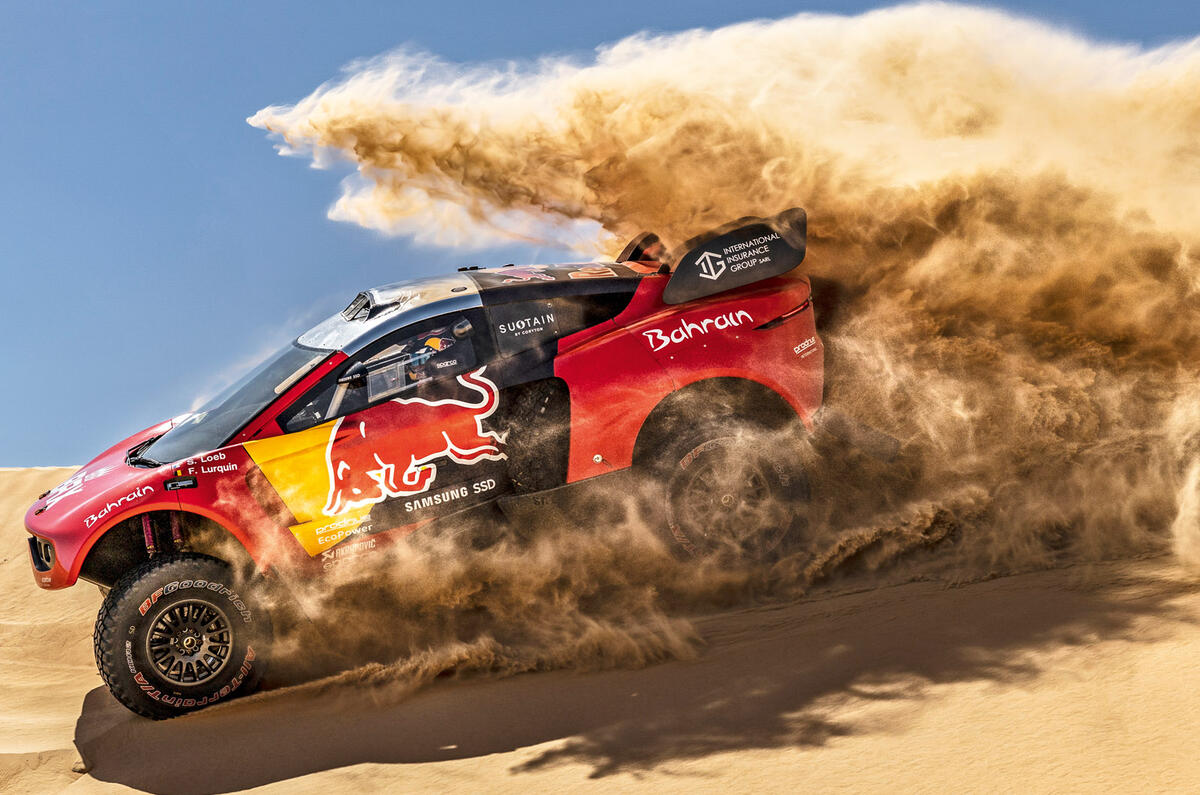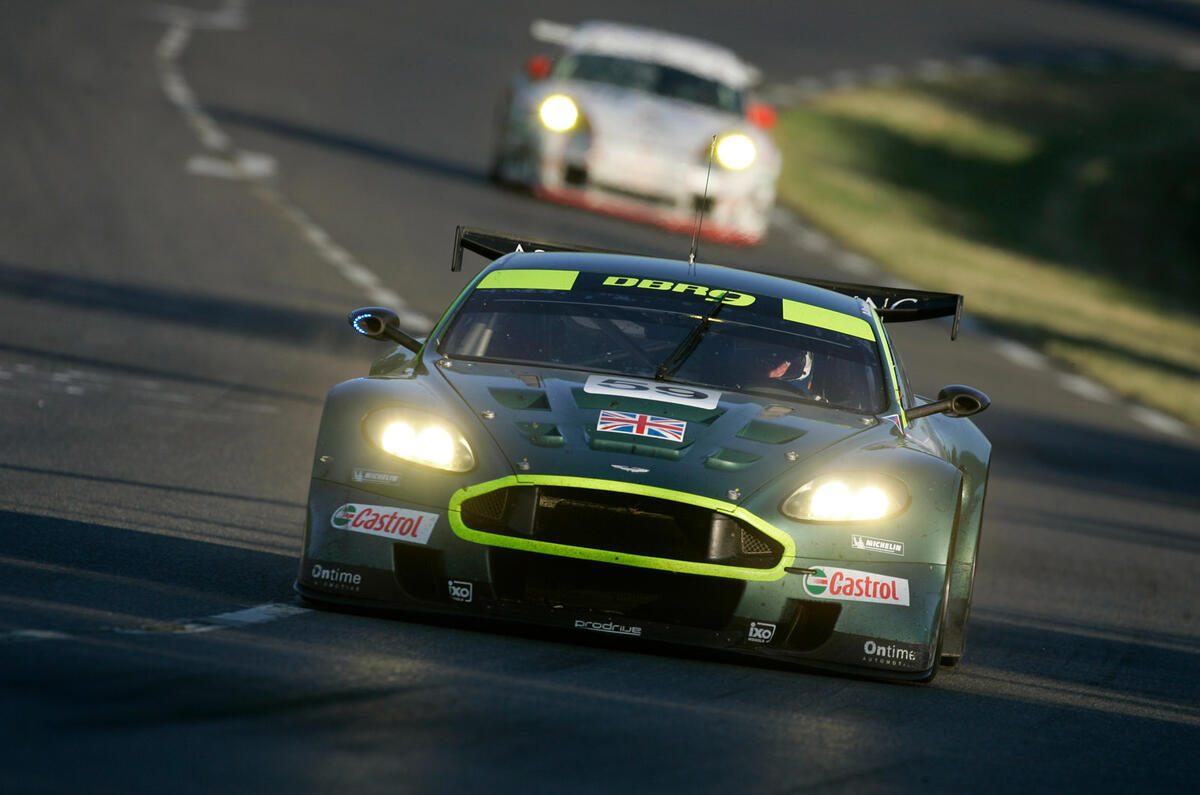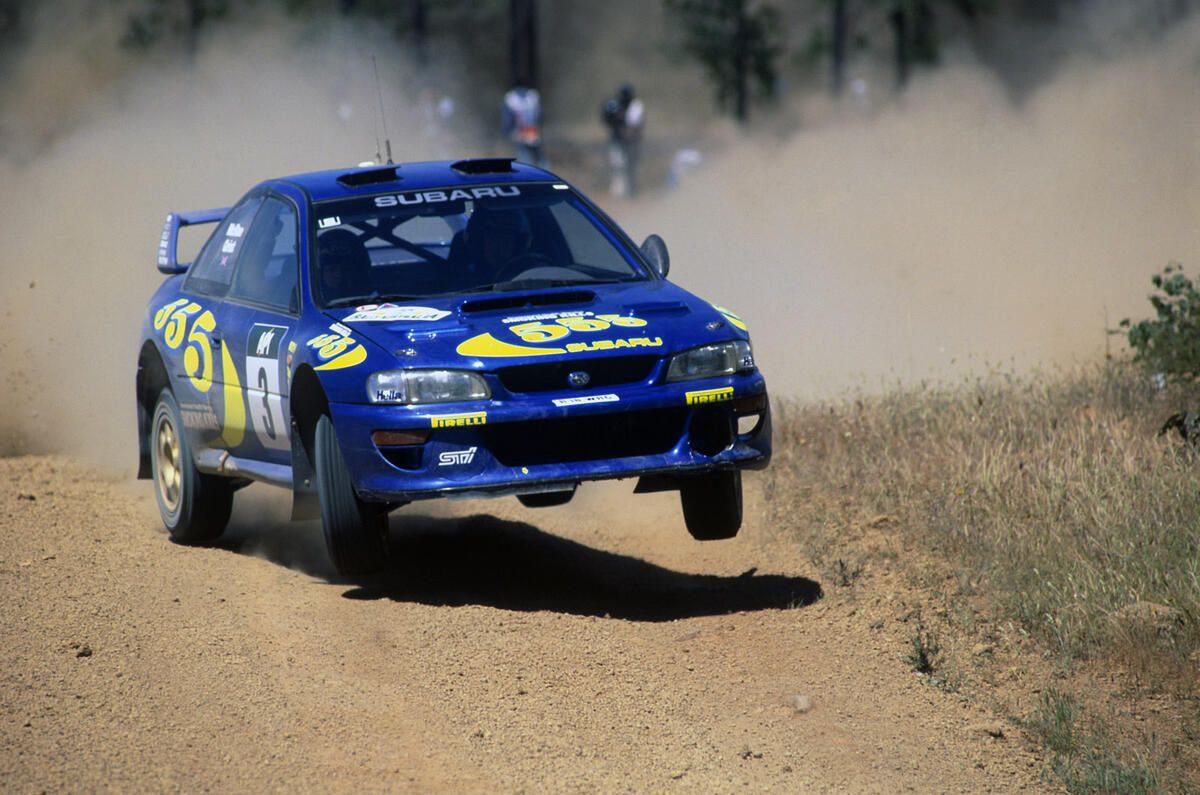Famous people achieve their star status by finding something at which they excel, then practising it at the highest level to the exclusion of everything else. Jim Clark was brilliant at winning motor races, but he never designed a car or managed a racing team – and nobody would have expected him to.
David Richards, winner of this year’s Sturmey Award, Autocar’s most personal accolade, has an entirely different way of working. In a long career, he has amassed a wide variety of difficult and diverse successes, and he continues to be active and effective in many areas when ordinary people might think they had done enough. In his twenties, Richards was organising international motorsport events for clients who had already spotted what would soon become his lifelong ability to make things happen. By 30, he had won a World Rally Championship for Ford, co-driving with his friend Ari Vatanen, before retiring early to concentrate on other promising facets of motorsport.
Within a couple of years, he had formed a new company, Prodrive, first to bring Porsche into rallying, then to establish BMW in both rally and racetrack competition. The BMW successes led promptly to a hugely productive 18-year world rallying phase, during which he nurtured the stellar careers of Colin McRae (1995) and Richard Burns (2001) to fruition as world champions.
Meanwhile, on the circuits, Prodrive ran saloon campaigns for Alfa Romeo, Honda and Ford, also building a 10-car batch of ‘private’ Ferrari 550M endurance racers, one of which won the GT1 class at Le Mans in 2003. Over Richards’ 50-year business career, there are almost too many diverse highlights to list: stints as team principal with the Benetton and BAR F1 teams, the establishment of a highly successful Aston Martin GT racing operation that continued to prosper (Prodrive has built upwards of 200 Aston GT racers since 2004) and close involvement in a rethink of the ways British motorsport is governed, as chairman of the renamed Motorsport UK.
Most recently, Richards and Prodrive have set up the Bahrain Raid Xtreme off-road team and programme, starring nine-time WRC champion Sébastien Loeb and an all-new car called BRX Hunter. The car promises a whole new avenue of opportunity for the Banbury company: Richards seems to specialise in finding them. How does he do it? He’ll tell you luck is involved, but of course there’s much more to it than that.
“So much about life is being in the right place at the right time,” he says.
“But that’s not the main thing. You’ve got to see opportunities as they come – and they will – and then grab them with both hands. The trick is not to be risk-averse.”




















Add your comment